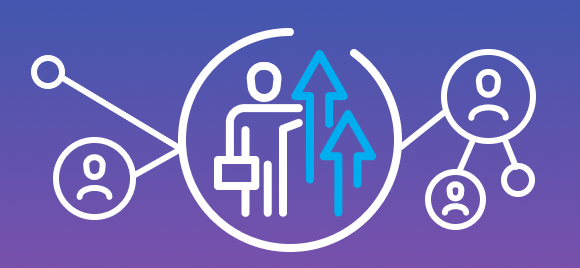Payroll administration, already a complex and intricate process, becomes even more challenging for businesses overseeing a global or multinational workforce. The nuances of tax laws, meticulous bookkeeping, and unwavering attention to detail are crucial for HR representatives dedicated to achieving payroll accuracy.
Yet businesses need not bear the weight of payroll management alone. Engaging an external provider can streamline processes, enabling companies to focus on their core functions.
Many businesses, especially those with (or seeking) a global footprint, find that outsourcing this function is a springboard to convenience, compliance and growth. But a key decision still remains: Should they choose an Employer of Record (EOR), a payroll company, or a Professional Employer Organization (PEO)?
Understanding the Functions of a Payroll Company
At its essence, a payroll company is a specialist that manages a company’s payroll processing. This includes critical tasks such as calculating wages, deducting taxes, and ensuring punctual and precise payments to employees. Their primary focus is on the financial aspects of employment, ensuring that employees are compensated correctly and in strict adherence to all appropriate regulations.
Payroll processing is, of course, an indispensable part of any business, as it ensures compliance with tax regulations and labor laws, keeps the workers happy, and fosters a foundation of financial stability. And for businesses seeking streamlined payroll processes without delving into the complexities of employment laws and HR functions, a payroll company may likely emerge as a strategic choice. It’s an economical solution that lets businesses concentrate on their core competencies while ensuring accurate and timely payments to employees.
Payroll companies prove especially advantageous for businesses with relatively uncomplicated employment structures and a reduced likelihood of legal threats.
EORs Go Beyond Just Payrolling
Outsourcing All Employment Responsibilities: The Role of the PEOPEO
Professional Employer Organizations – PEOs – offer the most comprehensive scope of payroll and employment services. PEOs serve as “co-employers” for a company’s employees; they become the workers’ employer and essentially lease those employees back to the company. In this full-service role, PEOs perform the full gamut of HR-related administration tasks, including payroll and benefits administration, on behalf of the company that engaged them.
Companies that use PEOs still make the call as to which candidates to hire (and fire), but the PEO typically manages every other aspect of workforce administration: payroll, benefits administration, workers’ compensation, day-to-day HR services, and more.
Payroll vs EOR vs PEO: How to Choose
Deciding between a payroll provider, an EOR, and a PEO often comes down to how much control and involvement you want.
- Payroll companies, with the most limited set of services in this group, give businesses the most control over how they manage their traditional HR functions.
- Because they serve as the workers’ employer, EORs handle many key HR functions in addition to processing payroll. This enables businesses to offload many key functions without relinquishing full control over HR’s role or day-to-day operations.
- PEOs offer the most complete service portfolio, as they fully manage all HR-related functions on behalf of their client businesses. This leaves businesses with much less control over how they operate their HR functions, but enables them to focus more fully on other aspects of their operations.
Prosperix’s Role
As you strive to optimize your workforce management strategies, consider how Prosperix combines a full range of payroll and EOR services with the industry’s most advanced technology platform. This combination offers businesses a comprehensive solution that can transform how they approach the future of their workforce.
By choosing Prosperix, you’re not selecting a traditional service provider; you’re opting for a proven and attentive partner that shoulders legal responsibilities and provides an end-to-end hiring and workforce management solution tailored to your unique business needs.
Let Prosperix be your guide in creating a more efficient, compliant, and thriving work environment.

